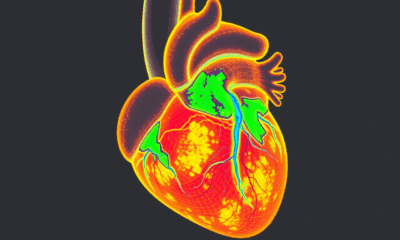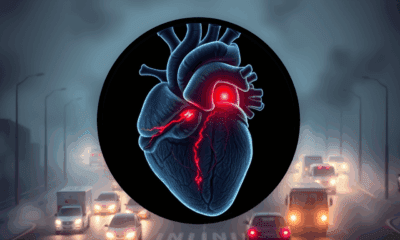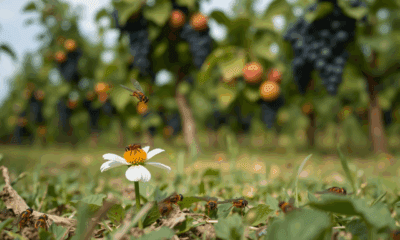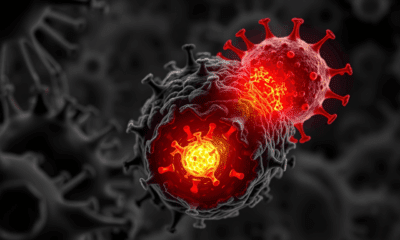

A compound best known for giving almonds and apricots their aroma may be the key to defeating hard-to-kill cancer cells. Japanese researchers found that benzaldehyde can...


When Siberian volcanoes kicked off the Great Dying, the real climate villain turned out to be the rainforests themselves: once they collapsed, Earth’s biggest carbon sponge...


An advanced Johns Hopkins AI model called MAARS combs through underused heart MRI scans and complete medical records to spot hidden scar patterns that signal sudden...


Breathing polluted air—even at levels considered “safe”—may quietly damage your heart. A new study using advanced MRI scans found that people exposed to more air pollution...


A cutting-edge gene therapy has significantly restored hearing in children and adults with congenital deafness, showing dramatic results just one month after a single injection. Researchers...


A multinational team has cracked a long-standing barrier to reliable quantum computing by inventing an algorithm that lets ordinary computers faithfully mimic a fault-tolerant quantum circuit...


Astronomers studying the remnant SNR 0509-67.5 have finally caught a white dwarf in the act of a rare “double-detonation” supernova, where an initial helium blast on...


Macquarie University researchers reveal that chlorothalonil, still commonly sprayed on American and Australian produce, cripples insect fertility by more than a third at residue levels typically...


UF engineers, backed by DARPA and NASA, are perfecting laser-forming techniques that let metal sheets fold themselves into giant solar arrays, antennas, and even space-station parts...


Scientists at UC Davis discovered a small genetic difference that could explain why humans are more prone to certain cancers than our primate cousins. The change...